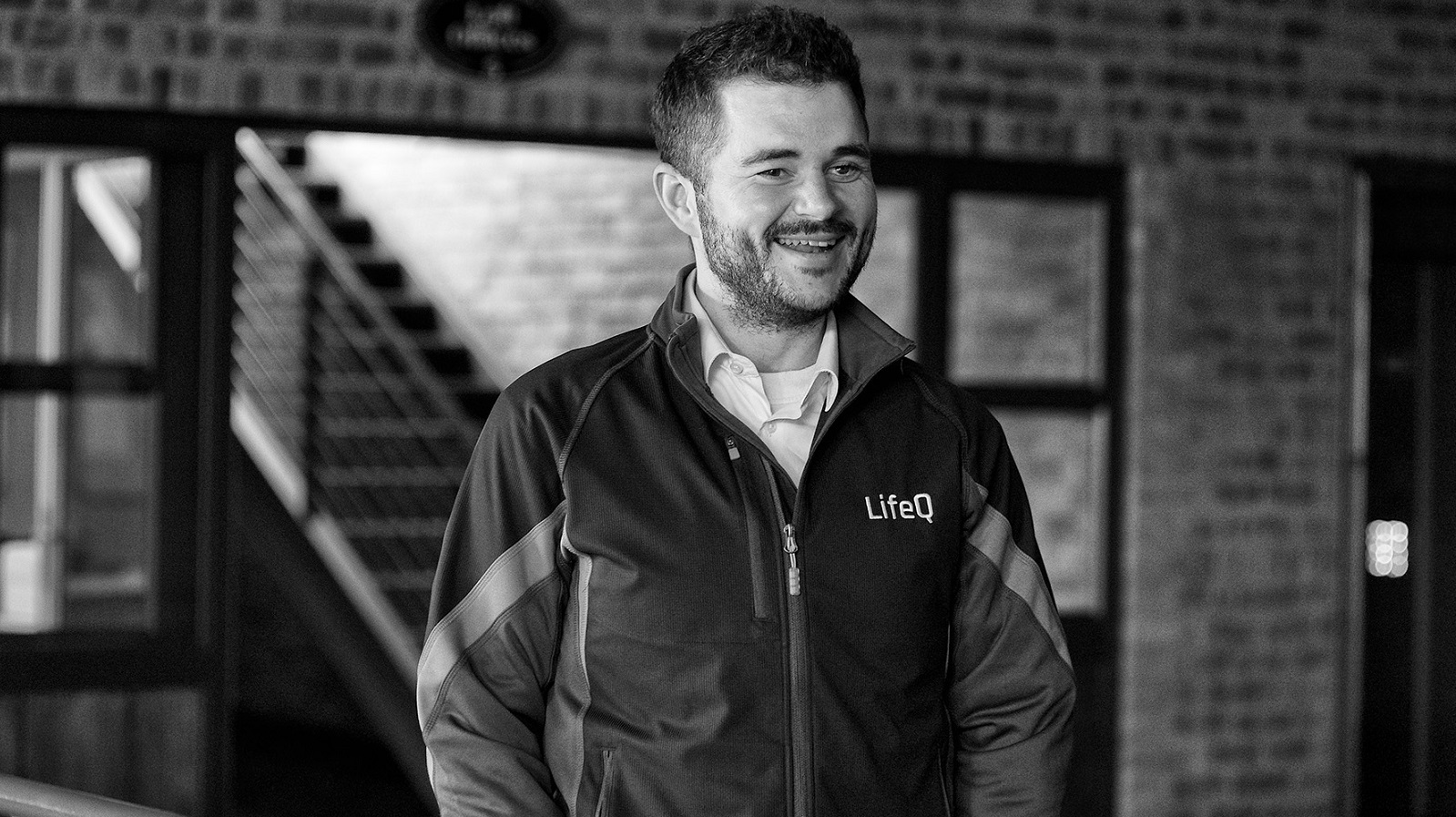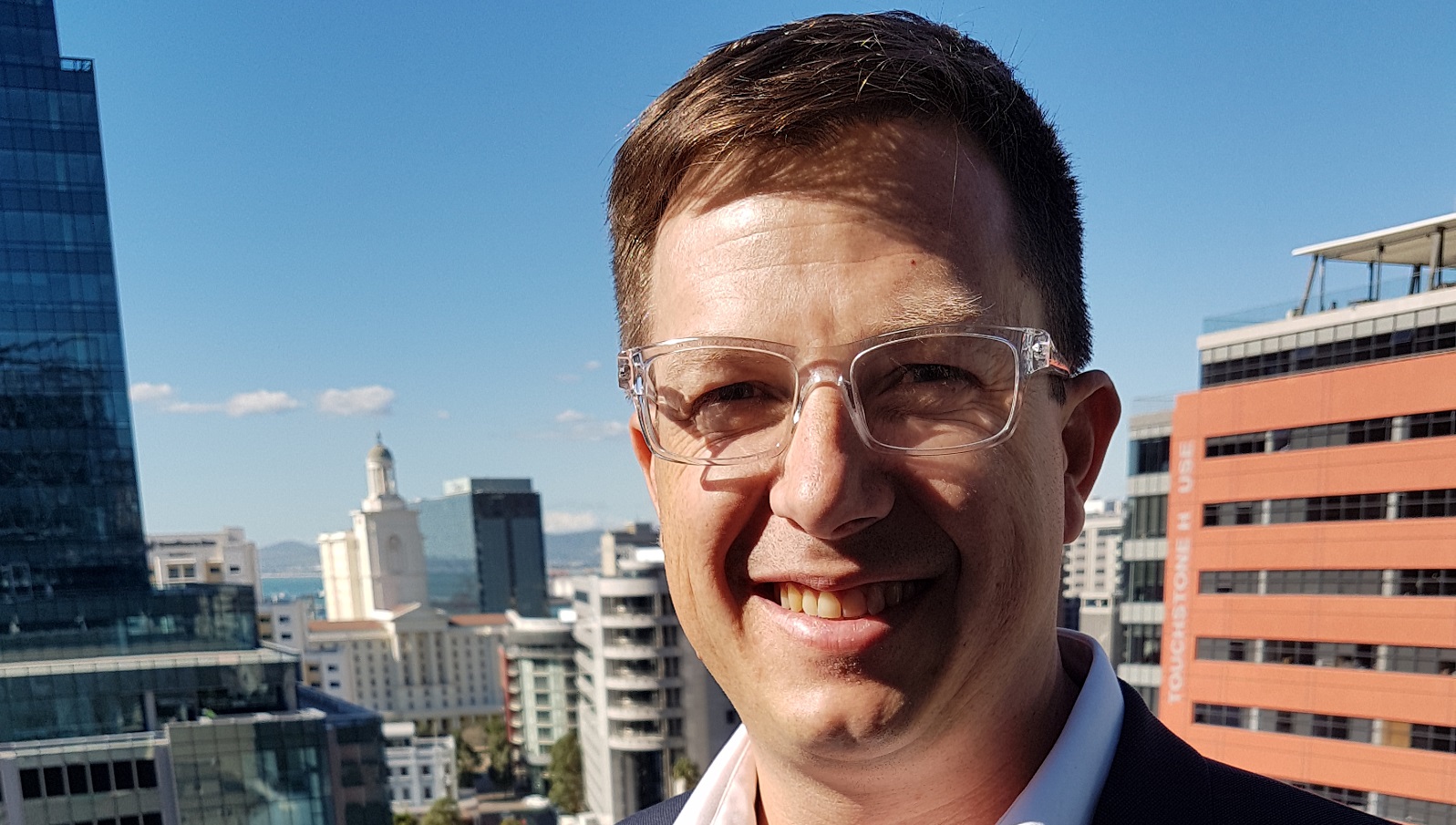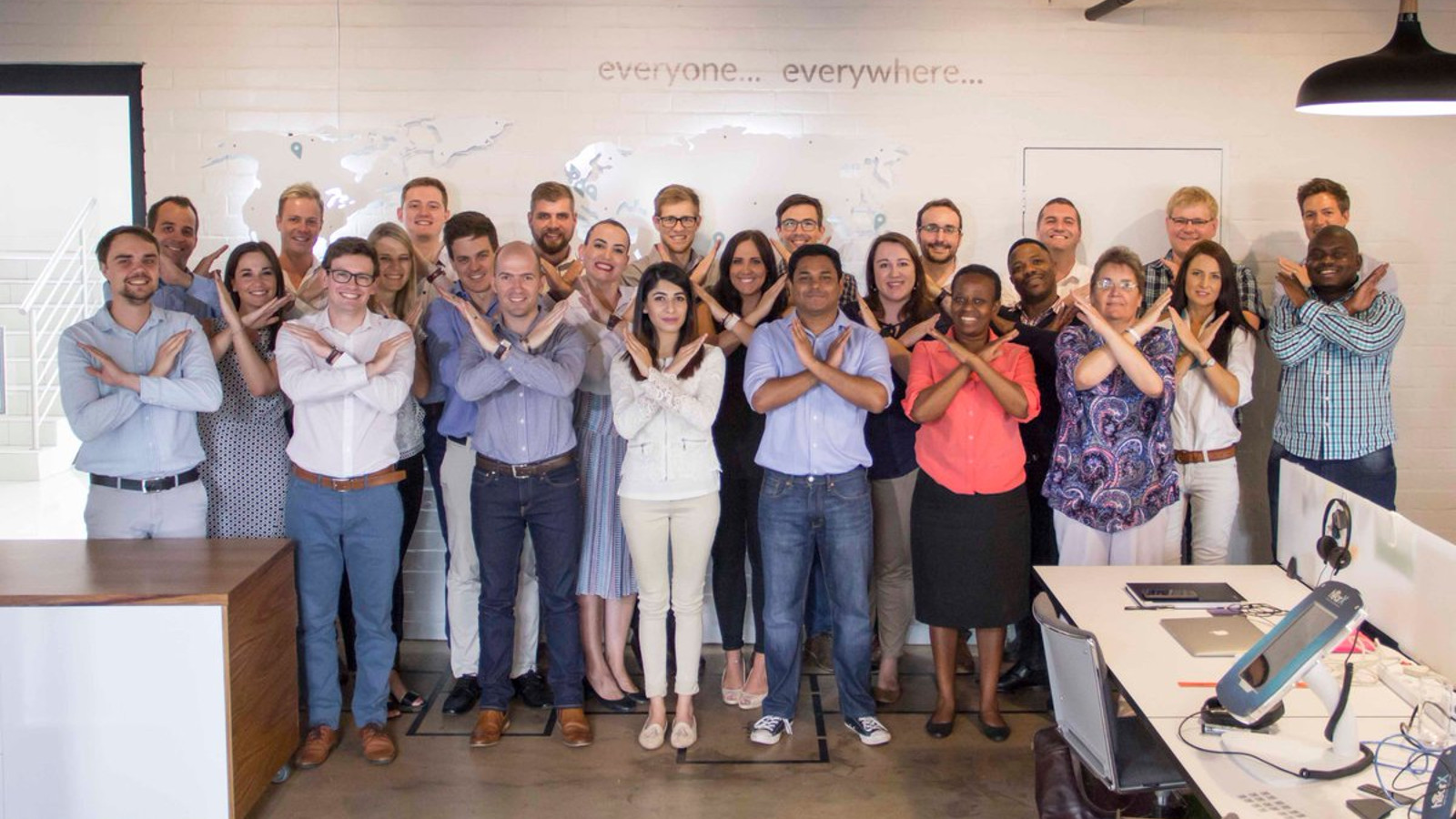In a pioneering effort to tackle South Africa’s growing digital divide, WeThinkCode_ and South Cape TVET College have partnered to roll out an 18-month…
7 South African healthtech startups to watch in 2018 [Digital All Stars]

Digital All Stars is a series of articles which aims to celebrate the best of South African digital. The articles, which will appear on Memeburn and Ventureburn, recognise and celebrate South Africa’s best digital entrepreneurs, business people, advertisers, and media professionals among others.
An increasing demand for accountable care and the digital delivery of health care is driving more startups to develop innovative health care solutions.
With the launch of new call for startups on 3 April by accelerator Digital Health Cape Town (see the story here), Ventureburn takes a look at seven promising South African healthtech startups to keep an eye on.
Recomed
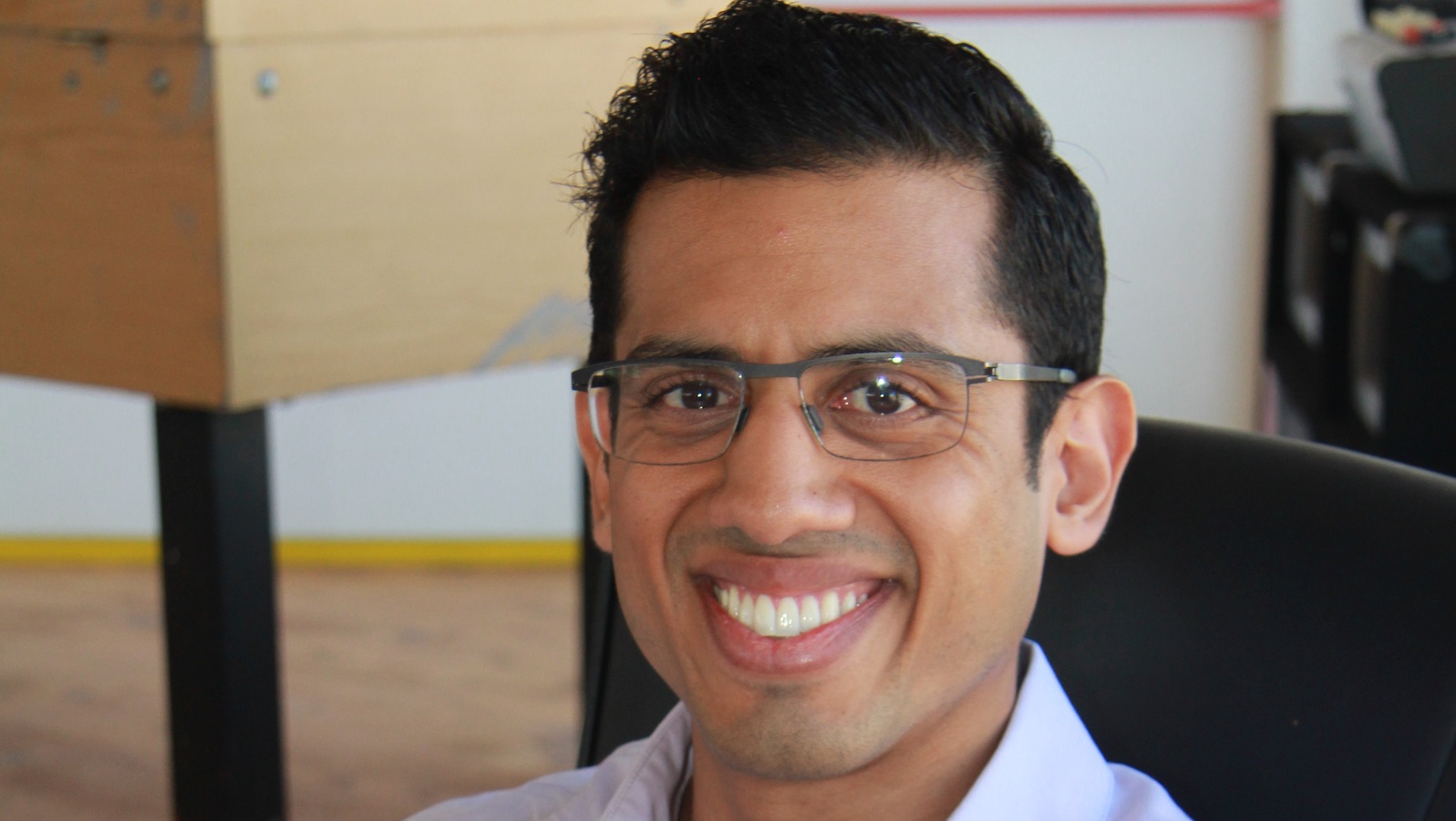
Fresh off a R4.5-million equity raise announced in November, RecoMed founder Sheraan Amod last week revealed details of the startup’s recent successful rollout of Discovery’s inhouse Wellness Clinics programme.
Cape Town startup RecoMed’s platform enables patients to find their closest doctor at any hour of the day or night and to book the next available appointment. The system reduces practice costs and enhances a customer-centric care policy, as patients are at liberty to recommend their medic to the general population and comment on their experience.
“So far, we’re handling 1500 bookings a month for Discovery, using nine practitioners at five different clinics. There are around 10 000 staff members using this platform now, and it has gone without a hitch, which makes me very proud of what we have created,” said Amod.
The booking platform is currently being used by staff in Port Elizabeth, Durban, Cape Town, Pretoria and Johannesburg.
Amod said that the Discovery collaboration, which began in February last year, was successfully and punctually launched on 1 July 2017. He reflected on the substantial teamwork that had made it possible for RecoMed to pass Discovery’s strict IT security approval procedures.
RecoMed generates revenue by charging medical practitioners a transactional booking fee, and in some cases a value-added percentage on the appointment value
EM Guidance
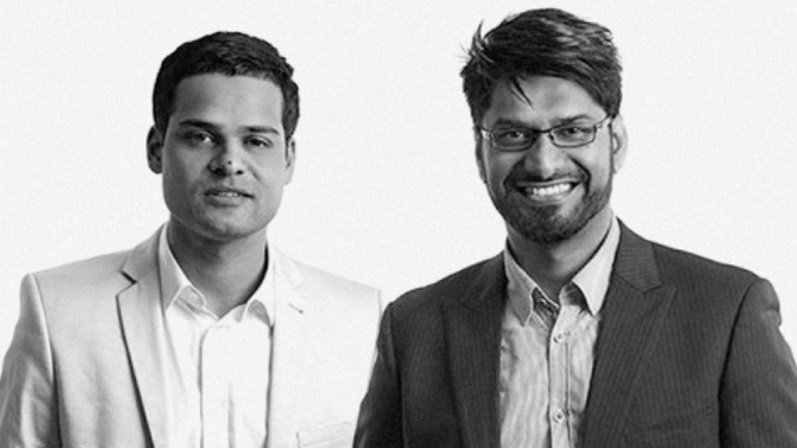
Cape Town startup EM Guidance, which has developed an app to help doctors to source more reliable information on treatment guidelines and medication dosages among other things, will next week represent South Africa at the next Seedstars World competition. The startup will compete against 65 startups in Switzerland for the top prize of $500 000.
Using EMGuidance’s app and web platform means doctors will no longer have to turn to Googling, consulting the Department of Health’s website or resorting to trawling for US or UK protocols to find out things such as when to use antibiotics when treating a child with tonsillitis, as the indicators can differ from one region to the next.
The startup’s CEO Yaseen Khan (pictured above, left) is a former doctor who worked in various Cape Town hospitals, while co-founder Mohammed Dalwai (pictured above, right) worked formerly for Doctors Without Borders in Afghanistan and Syria.
So far a total of 13 000 medical professionals have signed up to the app, which the startup launched in 2016. The company at present has 30 content providers. The company also has 10 pharmaceutical companies as clients in various stages of on boarding.
In February EM Guidance launched a desktop version of their service. A lite version of the platform is available in eight other African countries and EMGuidance marketing head Howard Moodycliffe told Ventureburn last week that the startip plans to launch several more territory specific versions this year,
While the app is free for medical professionals, the company generates revenue from pharmaceutical companies who pay to carry featured content. Khan however was at pains to stress that those doctors that subscribe to the app are able to opt in on whether to be contacted by pharmaceutical company sales people.
Moodycliffe said the company recently launched a free offering for public and private hospitals which allows hospitals to publish their own guidelines, medicines formularies and call rosters in the app.
“Once fully rolled out it will effectively let medical professionals working within a particular hospital contextualise the content for that hospital… this provides huge efficiencies for them,” adding that Baragwanath Hospital in Johannesburg is already using this service.
LifeQ
Stellenbosch and Silicon Valley based startup LifeQ recently concluded a deal with an insurance company to launch a SA-based insurance product.
The startup, founded in 2014 by Riaan Conradie (pictured above) and Laurie Olivier, uses computational systems biology and continuous body monitoring to gather data from which users can draw insights about their own personal health.
In an email to Venturburn last week, Conradie, who serves as LifeQ president, however could not provide Ventureburn with the exact date the product would become available in South Africa. He said he would first need to reach out to the companies the company is rolling out with “to ensure we don’t interfere with their own product release strategy”.
“What I can say is that there is a SA based LifeQ enabled insurance product that will go live soon,” he said.
He said the project involved a “very prominent consumer electronics company” (in 2016 LifeQ partnered with US Analog Devices and Garmin to create its “connected health solution”) and a re-insurer to develop a “totally new type of insurance product that helps a user manage their own health to reduce both the risk to the individual and the insurer”.
Last year Ventureburn reported that LifeQ had the backing of some major Fortune 500 companies and angel investors. Some of which include former corporate vice president in charge of the Internet Explorer team at Microsoft Dean Hachamovitch, CEO of Dakine and former vice president of Nike Running Chris Donnelly.
Conradie said the company has received funding by a range of global backers, including prominent families and individuals, venture capital and institutional funding, he said he could not disclose backers and total funding until he received approval from the startup’s board to do so.
One of the venture capital funds includes 4Di Capital. However, this week when approached Anton van Vlaanderen, a partner at 4Di Capital, declined to disclose the amount of funding the VC had invested in LifeQ.
Aviro Health
Cape Town startup Aviro Health recently received investment from an overseas investors to help develop a new app that aims to guide and educate patients undergoing HIV or TB treatment.
Dr Musaed Abrahams who previously worked at Doctors Without Borders founded the startup in 2014. He did not want to reveal who the investor is or the amount invested in his company, other than to say that it is “above $100 000”. The startup plans to launch the new app in about six months.
The startup’s ART Treatment Mentor app already assists nurses in primary care settings to efficiently treat HIV patients. Abrahams said the app has just over 5000 downloads, of which 1500 are regular users. The app is currently used by UCT pharmacology as part of an HIV hotline, as well as by public health group Jhpiego which is using the app in the Ivory Coast.
While the existing app is aimed at health-care professionals, the startup recently received investment from an overseas investors for a new app that aims to guide and educate patients undergoing HIV or TB treatment.
Abrahams described the first app as a “passion project” with most of the cost covered by a R1-million grant from the MTN Foundation. However he pointed out that a similar app offered by the Department of Health and launched at the same time Aviro Health’s app went live, made it difficult to attract users to his app. The department’s app now has 16 000 users.
The startup currently has a team of four and at present generates revenue by offering web consulting to clients such as Doctors Without Border on things such as service design.
Aviro Health is one of eight companies that was in January selected for the first Digital Health Cape Town (DHCT) accelerator cohort. Abrahams says the accelerator has helped him to pitch to health-care schemes and health-care providers.
Vula Mobile
Vula Mobile, a referral platform which links health workers to specialists in tertiary hospitals, has just concluded a deal whereby health-care workers who also use the startup’s app can take a share of the startup.
Speaking to Ventureburn last week, Vula Mobile founder Dr William Mapham said the startup set up a special purpose vehicle (SPV) in November last year and offered up 2000 units at R5000 each to health-care workers who also use Vula Mobile’s app. The SPV has a 10% stake in the startup.
Mapham said the startup has applied for a further R500 000 in seed funding from the SAB Foundation, after landing initial seed funding from the foundation in 2013. The company was founded in 2014 by Mapham. He added that the company is also looking to announce the raising of a Series-A round of funding this month.
In January the company disclosed on its blog on that the number of health workers registered on its app more than doubled from 1775 at the beginning of January 2017, to more than 3600 a year later.
Sancreed (Guidepost)
Graham Rowe and Richard Johnson (pictured above, left and right, respectively), of Joburg-based company Sancreed, were in June last year selected to be part of Endeavor, a global non-profit organisation that backs high-impact entrepreneurship.
Their health platform, Guidepost, helps facilitate support and guidance for type-2 diabetes sufferers. The platform has been running for three years and has over 5000 registered users (including 30 in the UK through the National Health Insurance system), most of whom have been referred to the platform by their medical scheme.
Rowe told Ventureburn in January that the startup has been able to grow by 40% since the Endeavour listing, by adding new clients including a new pharmaceutical company client. Additionally, the company has just closed a funding round. However, he has declined to provide details of the deal.
In an email to Ventureburn this week from Silicon Valley where he was visiting, Rowe said he’d rather not discuss progress or funding “at this stage”.
Hear X Group
Multi-award winning HearX Group has developed a suite of clinical smartphone hearing health solutions consisting of eight products.
The solutions include an integrated mobile and cloud-based platform, a smartphone hearing test, a hearing loss self-test kiosk, a smartphone otoscope and a smartphone-based vision test.
The smartphone otoscope for example, allows someone without a medical background to conduct an ear test remotely and to then send the results to a medical professional for diagnosis.
The Pretoria-based startup — which was founded by De Wet Swanepoel and Herman Myburgh in 2013 — is the recipient of the Accenture Innovation Index Small Business Enterprise prize, first place at the Philips Innovation Fellows Competition, and the MTN Business IoT Awards.
HearX Group’s clients include world-renowned Johns Hopkins University, the World Health Organisation, Queensland Government, US AID, Western Cape Government Health department, RTI International and World Wide Hearing.
Read more: These are the three trends likely to drive healthtech, disruption in the future
Read more: HealthTech app, platform builders face legal hurdles in SA, hear delegates
